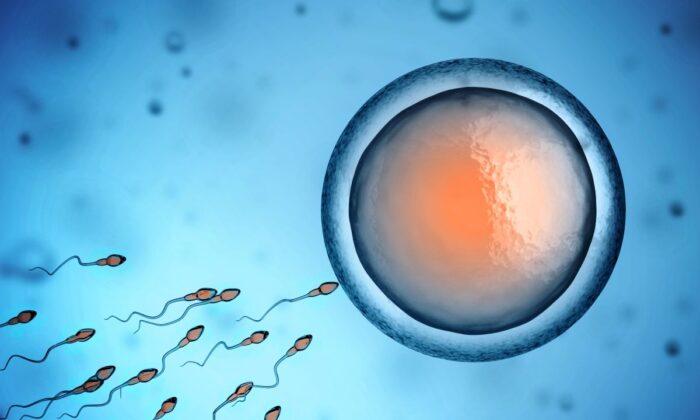Federal Labor has said it will commit to closing the gap on Indigenous Australians’ health outcomes if elected to government on May 21.
The centre-left party announced it would train 500 additional Indigenous health workers, and invest in life-saving dialysis and rheumatic heart disease treatments for Aboriginal communities.
“Our policies will strengthen this vital sector, supporting the development of the First Nations health workforce, creating jobs and addressing the disproportionate burden of kidney and rheumatic heart disease in First Nations communities,” he said.
Labor believes that the policy will revitalise community-controlled health services and create jobs, while the delivery of up to 30 new dialysis units would allow people living in the city or bush to access critical treatment for chronic kidney disease, meaning they no longer have to travel long distances or relocate away from family or country.
In addition, as many communities don’t have the clean water supply necessary to support dialysis, Labor has also promised to invest $15 million (US$10.8 million) to improve the water supply to remote communities. While a further $12 million will be used to combat rheumatic heart disease so fewer people would miss out on screening, treatment, and prevention programs in high-risk communities.
In remote areas of Australia, however, rates of kidney failure among Indigenous peoples can be up to 20 times higher than those among the non-Indigenous population.
Shadow Minister for Health and Ageing, Mark Butler, said every Australian deserves the health care they need and the significant gap in health outcomes has gone on far too long.
“An Albanese Labor Government will invest in the First Nations health sector to boost the important work they are already doing to combat chronic disease and close the gap,” he said.
As part of the package, the Northern Territory Primary Health Network (PHN) will receive $5.6 million to establish a new headspace service in Palmerston and provide co-designed outreach support services to the Yulara and Mutitjulu communities from the existing headspace Alice Springs service.
Additionally, the government will engage Arrernte Angankere (traditional healers) to improve equity of access for Aboriginal and Torres Strait Islander young people in the region.
Minister for Indigenous Australians, Ken Wyatt AM MP, noted in the announcement that Aboriginal and Torres Strait Islander people are nearly twice as likely to die by suicide and Indigenous Australians are nearly three times more likely to be psychologically distressed than non-Indigenous Australians.
“These new services, including a new headspace satellite service in Palmerston, will ensure that young Indigenous Australians living in rural and remote communities can access culturally tailored mental health support when they need it,” Wyatt said.
The $14.3 million will be used to engage more mental health workers and create locally tailored and culturally safe services for young people aged 12-25 years living in rural and remote areas.
An additional, $8.7 million will be used by the Western New South Wales PHN to recruit, train, and support Aboriginal Wellbeing Workers to deliver culturally safe mental health services to young people across rural and remote communities with less than 5,000 residents.





